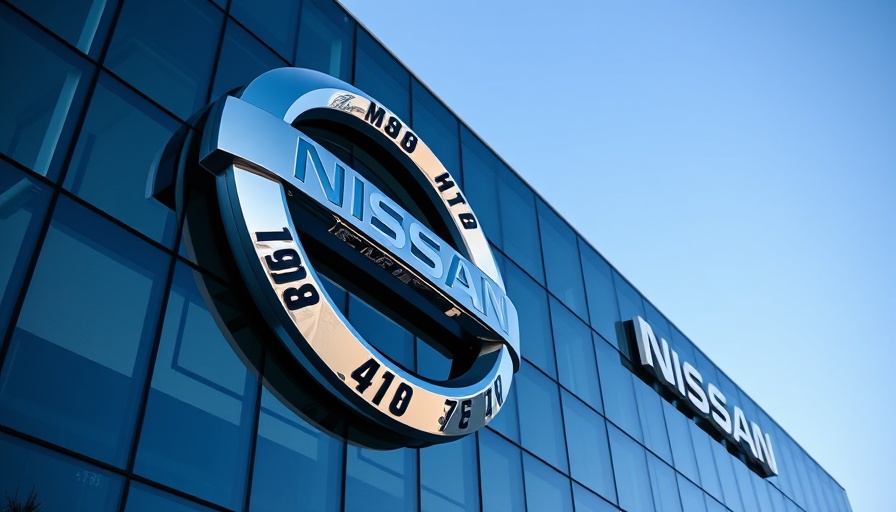
Exploring the Potential Nissan and Honda Merger
In a bold move shaking the automotive industry, Nissan and Honda, two legendary Japanese carmakers, are rumored to be considering a merger that could redefine their futures. The potential alliance, possibly including Mitsubishi, is being closely watched as a strategic step to overcome financial hurdles and pave the way for a more robust presence in the market. But is this an opportunity for revival or a risky gamble?What's Driving the Merger Discussion?
Both Nissan and Honda face significant challenges, with Nissan battling dropping profits and a reduction in market share, while Honda struggles to keep pace with industry leaders like Toyota. The merger is seen as a way to combine resources and potentially increase profit margins. However, the question remains: can such consolidation truly revitalize these brands in the ever-competitive automotive landscape?Risks of a Mammoth Conglomerate
Many see the merger as a path to economies of scale and enhanced R&D capabilities, but similar efforts in the past haven't always met with success. The Stellantis example—formed from Fiat Chrysler and PSA Group—illustrates how synergy-driven ventures can stumble if not managed meticulously. Risks include producing uninspired vehicles and creating management tensions, which could deter potential gains from the merger.The Future of Innovation in Product Offerings
As consumers demand more innovative, eco-friendly options, can a merged Nissan-Honda-Mitsubishi group deliver compelling electric vehicles (EVs) that capture public interest? While Nissan's Leaf once led the EV charge, it now trails behind more dynamic competitors, indicating the necessity for the merged entity to rethink its product strategy to thrive.As these companies tread cautiously towards a potential merger, understanding its ramifications can provide dealership principals, GMs, and fixed ops directors with insights that could shape their strategies.
 Add Row
Add Row  Add
Add 




Write A Comment